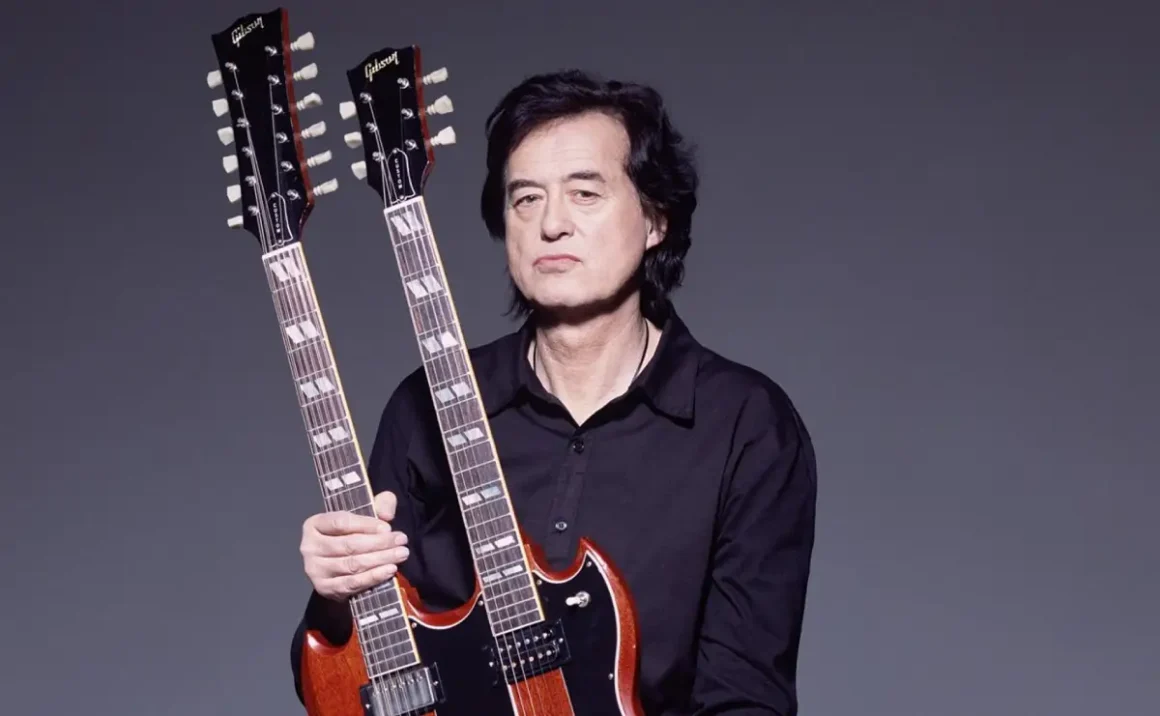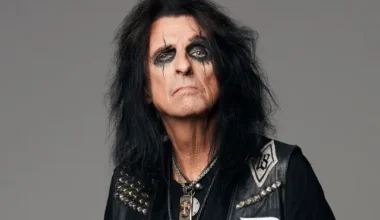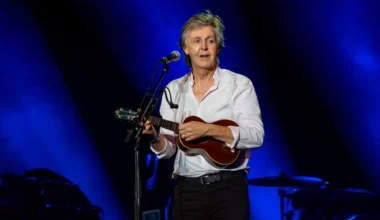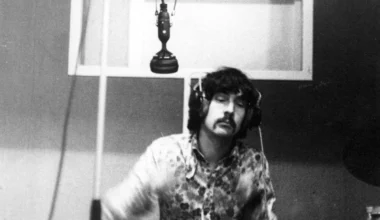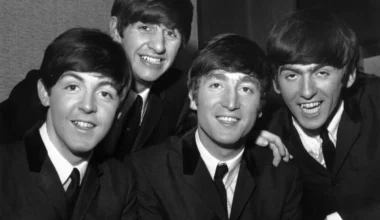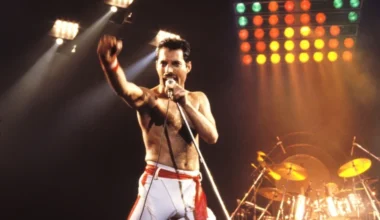Jimmy Page, often regarded as one of the greatest guitarists of all time, has a lot to answer for. As the mastermind behind hard rock legends Led Zeppelin, the Hounslow-born songwriter is a rock icon. In his eighth decade, the guitar hero’s complex relationship with rap and hip-hop isn’t surprising.
Although many widely regard Led Zeppelin as one of the greatest rock bands of all time, controversy often accompanies the reality. It stands to reason that if you spend the majority of your life playing to arenas full of people cheering for you as if you were a god, your sense of modesty would go out the window. However, Led Zeppelin’s problems extend far beyond arrogance. Not only did Page allegedly repeatedly rape a 14-year-old girl in the 1970s, but the band as a whole has frequently been accused of willingly participating in musical colonialism.
Stealing, borrowing, and ripping off songs by underappreciated Black artists was depressingly common in the 1960s and 1970s. Notable examples include The Rolling Stones, Elvis, and Led Zeppelin. Led Zeppelin would often pass off specific riffs and lyrics written by Black musicians as their own. Despite drawing inspiration from others, they would still receive praise for their seemingly flawless songwriting.
Given their apparent disrespect for the work of predominantly Black artists, it’s not surprising that Jimmy Page has been unflattering about the hip-hop scene. In a brilliantly ironic turn of the tables, Page once lamented the work of rappers. He said, “They steal your riffs and then shout at you.”
An unlikely collaboration with Puff Daddy altered Page’s narrow perspective on the hip-hop genre. In 1998, the two collaborated on the track ‘Come With Me’ for the soundtrack of a Godzilla film. Following this bizarre meeting of minds, Jimmy Page told The Independent, “It was a real privilege working with [P. Diddy].” He has boundless energy and a vivid imagination.”
Thus, ‘Come With Me’ is credited with changing Page’s perspective on hip-hop and rap music, despite being a strange and perhaps best-forgotten song. The track marked Page’s last flirtations with the genre. He did not collaborate on any more rap songs after the 1999 track. Perhaps that’s for the best.

